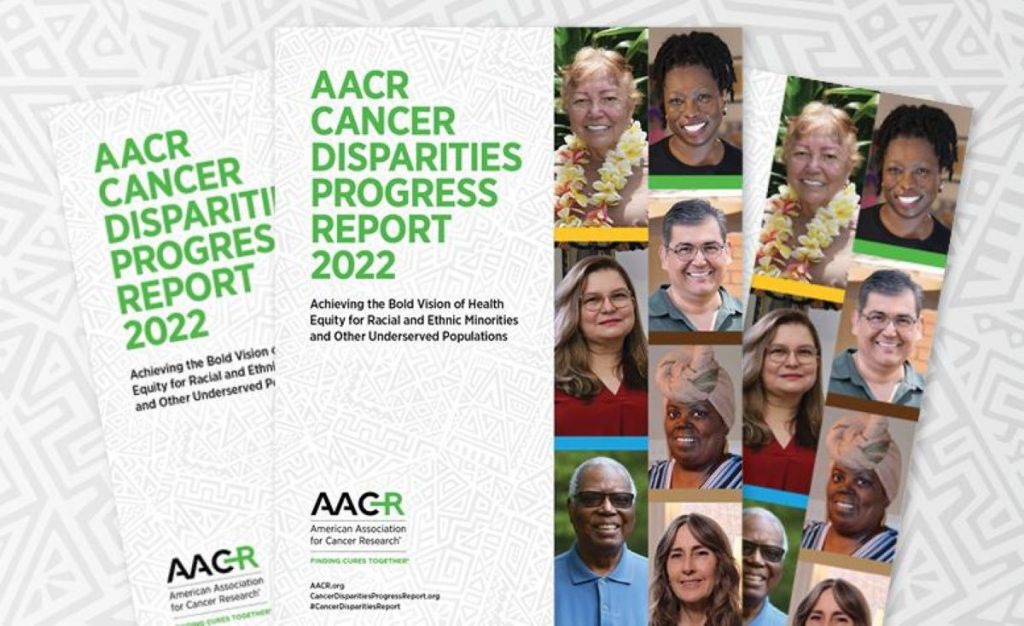Cancer Disparities Impacting Native Hawaiians, Pacific Islanders Highlighted in National Report
A recent report highlights the impact of cancer health disparities on Native Hawaiians and Pacific Islanders.
The latest data provided by the University of Hawaiʻi Cancer Center’s Hawaiʻi Tumor Registry is included in the American Association for Cancer Research 2022 Cancer Disparities Progress Report. The annual publication raises awareness about the enormous toll cancer places on racial and ethnic minorities, and other medically underserved populations.
Highlights of the report include:
- Native Hawaiian men had the lowest incidence but the highest mortality of prostate cancer.
- Breast cancer incidence and mortality were highest among Native Hawaiian women compared to any other racial or ethnic group.
- Samoan males were 66% more likely to be diagnosed with prostate cancer but 34% less likely to be diagnosed with colorectal cancer compared to Native Hawaiian males.
- Lung cancer incidence was highest among Native Hawaiian men and women, and lung cancer mortality was highest in Native Hawaiian women compared to the other population groups in the state.
The progress report features Lillian Matsumoto, a 78-year-old Native Hawaiian patient advocate, five-time cancer survivor and member of the UH Cancer Center’s Community Advisory Board.
“The (American Association for Cancer Research) report allows me to educate more people, especially Native Hawaiians, about cancer disparities, and hopefully they will seek help early,” Matsumoto said in a press release.
The report also highlights areas of recent progress and strategies to reduce cancer health disparities through screening guidelines, increased access to health insurance, tailored interventions through community engagement and ways of improving communication between patients and physicians, while offering specific recommendations to achieve health equity regardless of race, ethnicity, sexual orientation, gender identity or socioeconomic status.
“The progress report represents a tremendous snapshot of the cancer-related disparities experienced in the U.S. and also ways to address these disparities in cancer care,” said Kevin Cassel, associate professor at the UH Cancer Center who also serves on the American Association for Cancer Research steering committee for the newly released report, in the press release.




